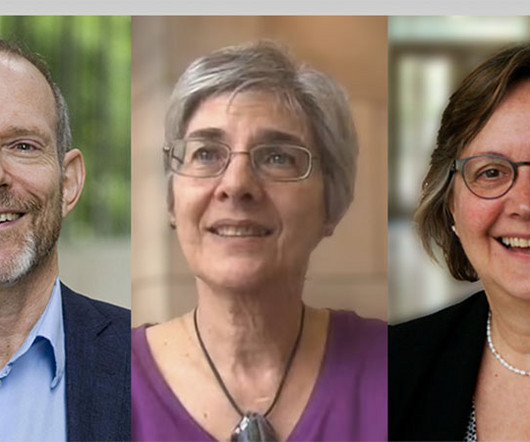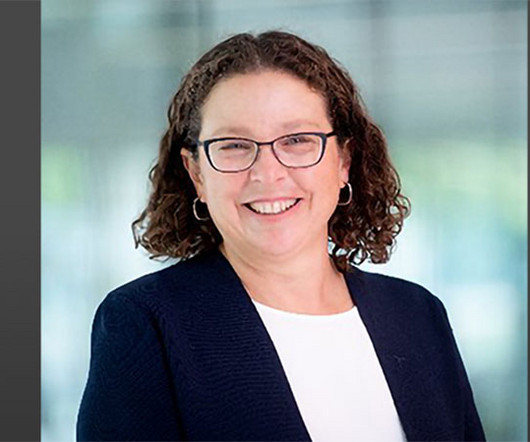Diabetes in Late Life: Nadine Carter, Tamryn Gray, Alex Lee
GeriPal
JUNE 8, 2023
All of them are going to be over 65 by 2030, so if you figure a quarter of those have diabetes, I call it the silver tsunami that’s coming into the palliative care geriatrics world, so these are topics that are going to be really important to all of us. And just with the aging population, baby boomers are going to be hitting 65.












Let's personalize your content